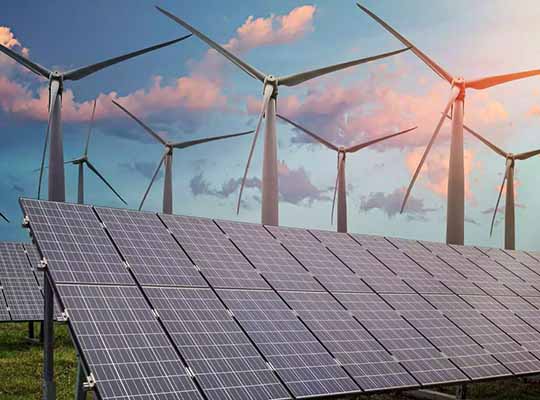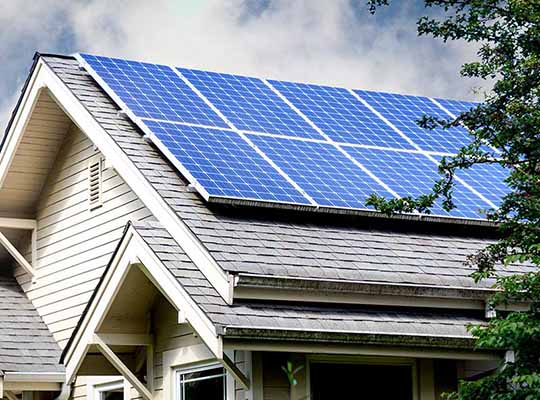HOUSTON – The creation of a myriad of new public companies, through traditional IPOs and DeSPAC business combination transactions, focused on the energy evolution and clean energy is expected to dramatically increase, according to a new analysis from Vinson & Elkins.
The report, entitled What’s Driving Transition Energy IPOs and SPAC Combinations?, examines the key factors that are fueling capital expenditures in the energy transition.
Highlights from the report point to the following factors that will contribute to this growth:
- While projections for global expenditures necessary to meet the Paris Accord vary widely, multiple analysts predict required capital expenditures over the next 30 years in excess of $100 trillion – approaching, if not exceeding, the total value of all globally traded public equities today.
- Since August 2020, there has been an increase in SPAC activity focused on energy transition businesses, both in the number of SPAC IPOs focused on that sector and in the number of completed energy transition DeSPAC business combination transactions, as well as a significant increase in traditional IPOs in the energy transition sector.
- Despite market challenges and increased regulatory scrutiny and litigation with respect to SPAC business combinations, a number of energy transition DeSPAC business combinations have been announced in the last several months, and we expect that deals will continue to be signed, albeit at a more modest pace than the first half of 2021.
- The Biden administration’s multiple legislative and tax proposals, as well as other regulatory changes, may spur the growth of businesses that will seek to access public equity markets for years to come.
- FERC has the potential to significantly impact the direction and financing of the energy transition and has recently initiated a number of proceedings which might do just that.
- While currently in flux in the legislative process, the tax laws that are most likely to have a significant impact on the financing of the energy transition include those that (i) incentivize investment in clean energy generation and storage, carbon sequestration, green manufacturing, electric vehicles, renewable fuels and energy transmission infrastructure or (ii) would permit renewable energy companies to qualify as publicly traded partnerships.
“The impact of the energy transition, including expenditures for new and existing energy generation sources as well as in every material form of energy consumption, is going to eventually hit every industry. The momentum of significant investment and a welcoming regulatory environment has the potential to create tremendous innovation,” Sarah Morgan, partner, co-head Mergers & Acquisitions and Capital Markets practice group at Vinson & Elkins.
“While some see the energy transition as a choice between the old and the new, what we are actually seeing is diversification by established energy companies in addition to the emergence of new entrants. We expect to see this trend continue in increasing scale. As the energy transition evolves, so will the types of capital market financings. Over the long term, we expect to see significant growth in yielding equities and bond financings as new energy sources and technologies are adopted in scale,” Dave Oelman, partner, Vinson & Elkins.
“In the past year, the pace of SPAC IPOs and DeSPAC transactions surged. While the pace has tempered with investor selectivity – both at IPO and in PIPE or other DeSPAC investments – and combined with accounting speedbumps and heightened regulatory focus, SPACs continue to present an alternative to the traditional IPO,” Ramey Layne, partner, Vinson & Elkins.













